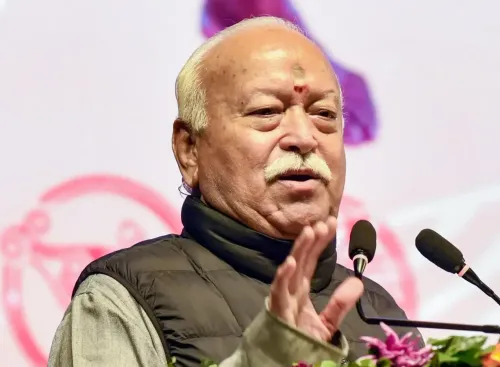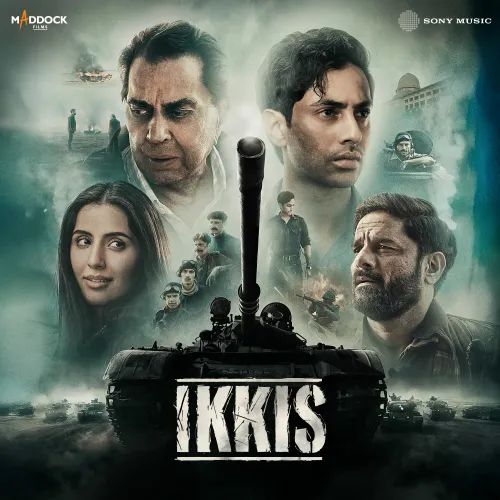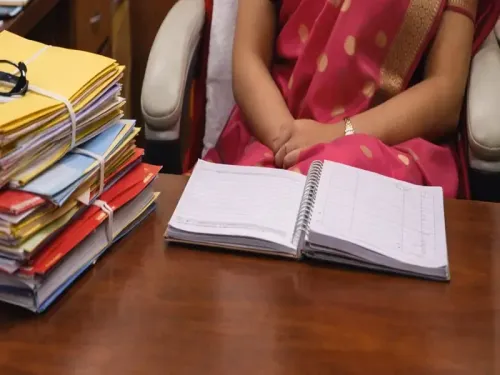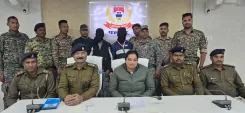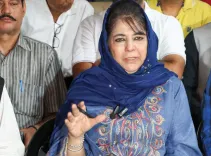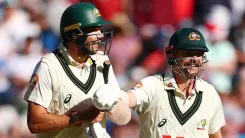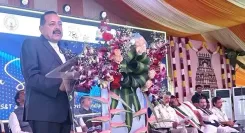Why is there no RG Kar-like outrage over the Kasba law college rape case?
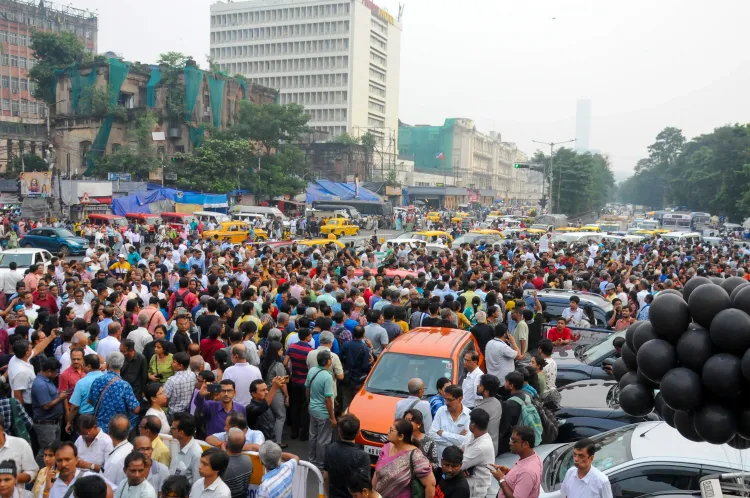
Synopsis
Key Takeaways
- Public response varies significantly based on family advocacy.
- The role of media engagement is crucial in mobilizing support.
- Political affiliations can shape the reactions of professional associations.
- Legal communities need to take a stronger stance on social issues.
- Community solidarity is essential for justice movements.
Kolkata, July 13 (NationPress) Nearly three weeks have elapsed since the disturbing incident of a law college student being raped on her college grounds in Kasba, South Kolkata. Yet, there has been no significant public reaction akin to the outcry following the brutal rape and murder of a female doctor at the state-run R.G. Kar Medical College and Hospital.
On August 9 of the previous year, protests erupted almost immediately after the body of the victim doctor was discovered in the seminar hall of R.G. Kar. These outcries persisted for more than six months, inspiring demonstrations not just across the state, but also in various parts of the country and internationally, with Non-Resident Indians rallying in solidarity.
In stark contrast, the Kasba Law College rape case has not sparked any notable public indignation, with the absence of participation from celebrities, professionals, and civil society members—elements that were pivotal in the R.G. Kar case.
One primary factor influencing this disparity is the hesitance of the victim's parents to vocally oppose the assault on their daughter and engage the broader community, thus failing to galvanize public support. Since the incident, they have remained silent, even informing the Calcutta High Court that they are content with the ongoing investigation by Kolkata Police and do not seek a Central Bureau of Investigation (CBI) inquiry.
In contrast, the family of the R.G. Kar victim was vocal from day one. They actively engaged with the media, calling upon the community to support their quest for justice.
Furthermore, the R.G. Kar victim's family demanded a central agency investigation from the outset, unlike the Kasba victim's family.
Social scientists suggest that civil society is more likely to respond quickly and passionately when the call for justice comes from the victim or their close relatives. This explains the contrasting aftermaths of the two incidents.
Additionally, the R.G. Kar tragedy was propelled by various professional associations within the medical community, including students and healthcare workers. Their proactive stance, including hunger strikes, galvanized participation from public figures and civil society, creating a movement that resonated throughout the state and beyond.
Conversely, in the Kasba Law College case, there has been a lack of initiative from legal associations, whether from law students or practicing attorneys, to catalyze a substantial movement. This absence of action from the legal field has seemingly dissuaded broader societal engagement.
The question arises: why did the medical community's fervor in the R.G. Kar case not inspire a similar response from the legal community regarding the Kasba Law College case?
The answer may lie in politics. Many medical associations are influenced by anti-Trinamool Congress elements, while the ruling party in West Bengal maintains considerable control over legal associations in the state.


